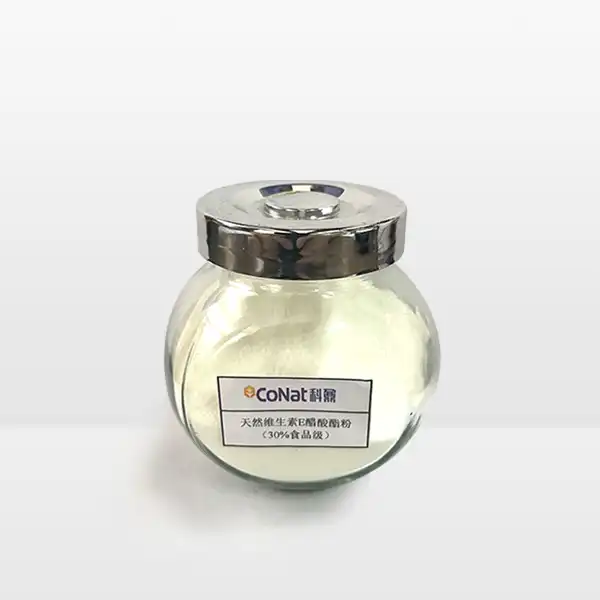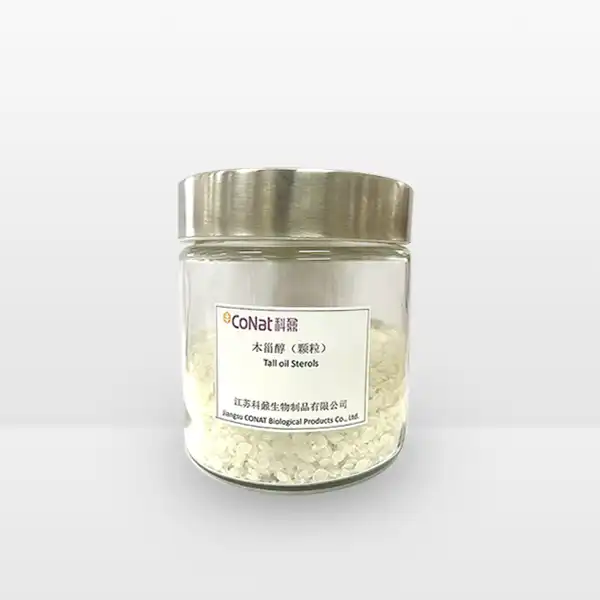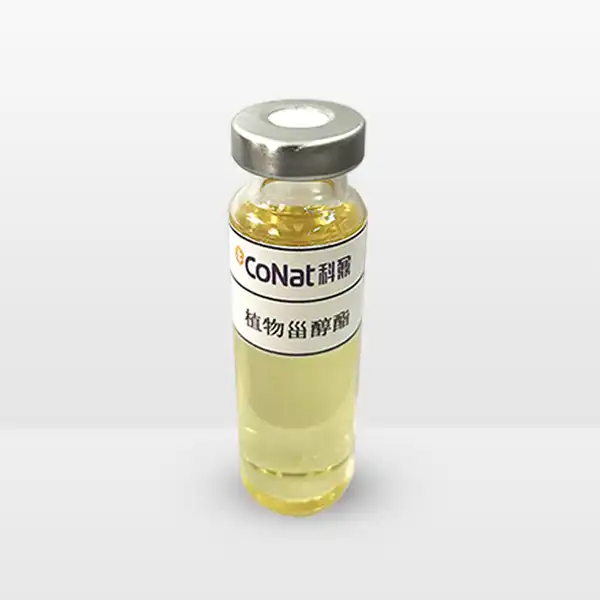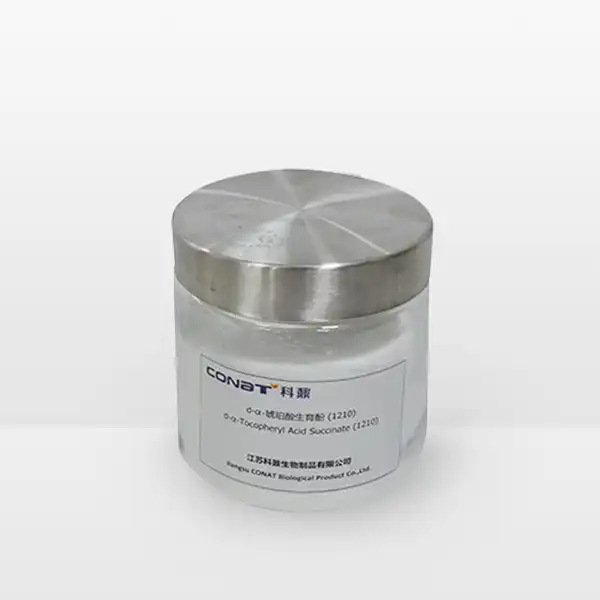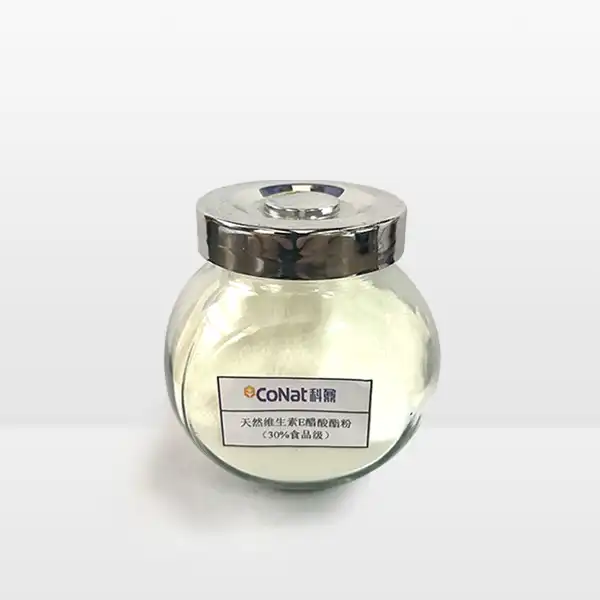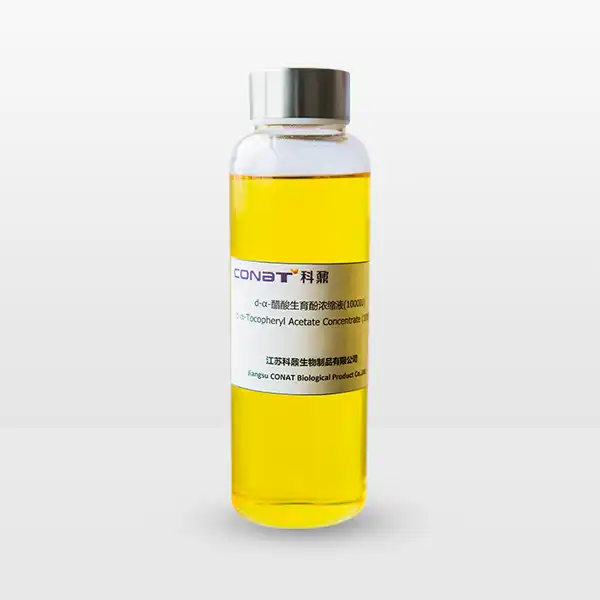- English
- French
- German
- Portuguese
- Spanish
- Russian
- Japanese
- Korean
- Arabic
- Greek
- German
- Turkish
- Italian
- Danish
- Romanian
- Indonesian
- Czech
- Afrikaans
- Swedish
- Polish
- Basque
- Catalan
- Esperanto
- Hindi
- Lao
- Albanian
- Amharic
- Armenian
- Azerbaijani
- Belarusian
- Bengali
- Bosnian
- Bulgarian
- Cebuano
- Chichewa
- Corsican
- Croatian
- Dutch
- Estonian
- Filipino
- Finnish
- Frisian
- Galician
- Georgian
- Gujarati
- Haitian
- Hausa
- Hawaiian
- Hebrew
- Hmong
- Hungarian
- Icelandic
- Igbo
- Javanese
- Kannada
- Kazakh
- Khmer
- Kurdish
- Kyrgyz
- Latin
- Latvian
- Lithuanian
- Luxembou..
- Macedonian
- Malagasy
- Malay
- Malayalam
- Maltese
- Maori
- Marathi
- Mongolian
- Burmese
- Nepali
- Norwegian
- Pashto
- Persian
- Punjabi
- Serbian
- Sesotho
- Sinhala
- Slovak
- Slovenian
- Somali
- Samoan
- Scots Gaelic
- Shona
- Sindhi
- Sundanese
- Swahili
- Tajik
- Tamil
- Telugu
- Thai
- Ukrainian
- Urdu
- Uzbek
- Vietnamese
- Welsh
- Xhosa
- Yiddish
- Yoruba
- Zulu
What is Tocopherol Acetate?
Tocopherol acetate, also known as vitamin E acetate, is a fat-soluble compound that serves as a more stable form of vitamin E. This essential nutrient is widely used in cosmetic formulations, dietary supplements, and food products due to its powerful antioxidant properties and superior stability compared to pure vitamin E. As a modified version of natural vitamin E, tocopherol acetate features an acetate ester group that protects the vitamin from oxidation, ensuring a longer shelf life while maintaining its beneficial properties when absorbed by the body. The compound's molecular structure consists of a chromanol ring system with a phytyl side chain, modified with an acetate group that provides enhanced stability without compromising its biological activity. This unique structural modification makes it particularly valuable in commercial applications where product longevity is crucial.
Does Tocopherol Acetate Benefit Skin More Than Regular Vitamin E?
Tocopherol acetate offers several unique advantages over regular vitamin E when it comes to skincare applications. The primary benefit lies in its enhanced stability and improved shelf life, which makes it particularly valuable in cosmetic formulations. When applied to the skin, tocopherol acetate undergoes a gradual conversion process, releasing active vitamin E as it penetrates the skin layers. This time-released action provides sustained antioxidant protection against free radicals and environmental stressors that can cause premature aging.
The molecule's structure allows for better penetration into the deeper layers of the skin compared to regular vitamin E. Once absorbed, it helps strengthen the skin's barrier function and supports natural regeneration processes. Clinical studies have shown that tocopherol acetate can increase skin hydration levels by up to 30% when used regularly, leading to improved skin texture and elasticity. Its molecular stability also means it can be effectively combined with other active ingredients without degradation, making it an excellent choice for complex skincare formulations.
Furthermore, tocopherol acetate demonstrates superior photoprotective properties, helping to shield the skin from UV-induced damage when used in conjunction with sunscreen. Research indicates that it can reduce the formation of sunburn cells by up to 96% when applied before sun exposure, making it particularly valuable in daily skincare routines aimed at preventing photoaging. The compound also exhibits remarkable anti-inflammatory properties, helping to soothe irritated skin and reduce redness associated with various skin conditions. Recent studies have demonstrated its ability to accelerate wound healing by promoting collagen synthesis and supporting the formation of new blood vessels in damaged tissue.
Long-term use of tocopherol acetate has been associated with significant improvements in skin firmness and reduction in the appearance of fine lines and wrinkles. Its ability to neutralize reactive oxygen species (ROS) helps prevent oxidative stress-induced damage to skin cells, while its moisturizing properties contribute to maintaining optimal skin barrier function. Clinical observations have shown that regular application can help fade hyperpigmentation and improve overall skin tone uniformity.
How Does Tocopherol Acetate Work in the Body?
The functionality of tocopherol acetate in the body is a fascinating process that involves several complex mechanisms. When consumed or applied topically, tocopherol acetate undergoes a transformation that releases its active form through enzymatic processes. In the digestive system, pancreatic esterases cleave the acetate group, converting it into active vitamin E, which can then be absorbed and utilized by the body.
Once activated, it functions as a powerful antioxidant, protecting cell membranes from oxidative stress and preventing lipid peroxidation. This protection is particularly crucial for maintaining the integrity of cell membranes and ensuring proper cellular function. The compound works synergistically with other antioxidants in the body, such as vitamin C and selenium, creating a comprehensive defense network against free radical damage.
In terms of cellular absorption, tocopherol acetate demonstrates excellent bioavailability due to its fat-soluble nature. It can be effectively stored in adipose tissue and the liver, creating a reservoir that the body can draw from when needed. This storage capability ensures a steady supply of vitamin E for various physiological processes, including immune function, cell signaling, and gene expression regulation.
The compound also plays a vital role in maintaining cardiovascular health by preventing the oxidation of low-density lipoproteins (LDL) and supporting healthy blood vessel function. Research has shown that adequate levels of vitamin E from sources like tocopherol acetate can help maintain optimal blood circulation and support overall cardiovascular wellness. Recent studies have highlighted its role in modulating inflammatory responses, particularly in chronic conditions affecting vascular health.
The neuroprotective properties of tocopherol acetate have gained increasing attention in recent years. Studies suggest that it may help protect neural tissues from oxidative damage and support cognitive function through multiple mechanisms, including the regulation of neural inflammation and the maintenance of membrane fluidity in brain cells. Additionally, its ability to cross the blood-brain barrier makes it particularly valuable in supporting brain health and potentially reducing the risk of age-related cognitive decline.
What Are the Main Uses of Tocopherol Acetate in Personal Care Products?
Tocopherol acetate has become an indispensable ingredient in the personal care industry, finding applications in a wide range of products due to its versatility and stability. In skincare formulations, it serves multiple purposes beyond its antioxidant properties. As a natural preservative, it helps extend the shelf life of products while contributing to their therapeutic benefits.
In hair care products, tocopherol acetate helps protect the hair shaft from environmental damage and improves overall hair health. It can penetrate the hair cuticle, providing moisture and protection from within. This action helps reduce breakage and split ends while improving hair's overall appearance and manageability. The compound's ability to control free radical damage also helps maintain scalp health, potentially supporting healthy hair growth. Clinical studies have demonstrated its effectiveness in reducing hair protein loss and improving shine and texture when incorporated into regular hair care routines.
The cosmetic industry extensively utilizes tocopherol acetate in anti-aging formulations due to its ability to support collagen production and maintain skin elasticity. When incorporated into moisturizers and serums, it helps improve skin barrier function and reduces transepidermal water loss. This action results in better-hydrated, more resilient skin that shows fewer signs of aging. Advanced formulations often combine tocopherol acetate with other active ingredients like peptides and hyaluronic acid to create comprehensive anti-aging solutions that address multiple signs of skin aging simultaneously.
In sun care products, tocopherol acetate plays a crucial role in preventing and repairing UV-induced damage. While not a sunscreen itself, it enhances the photoprotective properties of sunscreen formulations and helps neutralize free radicals generated by sun exposure. This makes it an essential component in both daily sun protection products and after-sun care items. Recent innovations have led to the development of microencapsulated forms of tocopherol acetate that provide enhanced stability and improved delivery to the skin.
The compound's stability in various formulations allows for its incorporation into numerous product types, from lightweight lotions to rich creams and oils. Its presence in lip care products helps prevent lipid oxidation while providing nourishment to the delicate lip tissue. In body care products, it helps maintain skin barrier function and provides long-lasting moisturization. The versatility of tocopherol acetate has led to its inclusion in specialized treatments for sensitive skin conditions, where its anti-inflammatory properties can help soothe irritation while supporting the skin's natural healing processes.
Advanced delivery systems have been developed to optimize the effectiveness of tocopherol acetate in various formulations. These include liposomal encapsulation, which enhances penetration and stability, and novel emulsion systems that improve bioavailability. Such technological innovations have expanded the potential applications of tocopherol acetate in personal care products, leading to more effective and sophisticated formulations that better meet consumer needs and expectations.
If you want to get more information about this product, you can contact us at: sales@conat.cn.
References:
1. Journal of Clinical Medicine (2020) "The Role of Vitamin E in Skin Health and Protection"
2. International Journal of Cosmetic Science (2021) "Tocopherol Acetate: A Comprehensive Review"
3. Dermatology Research and Practice (2019) "Antioxidants in Dermal Health"
4. Nutrients Journal (2022) "Vitamin E Forms and Their Applications in Modern Healthcare"
5. Cosmetic Science Technology (2021) "Innovations in Skincare: The Evolution of Vitamin E"
6. Journal of Pharmaceutical Sciences (2020) "Bioavailability Studies of Tocopherol Derivatives"
7. Advanced Drug Delivery Reviews (2021) "Topical Delivery Systems: Current Status"
8. European Journal of Clinical Nutrition (2019) "Vitamin E in Human Health"
9. International Journal of Molecular Sciences (2022) "Mechanisms of Action: Vitamin E Compounds"
10. Clinical Interventions in Aging (2021) "Modern Approaches to Anti-aging Skincare"
YOU MAY LIKE
